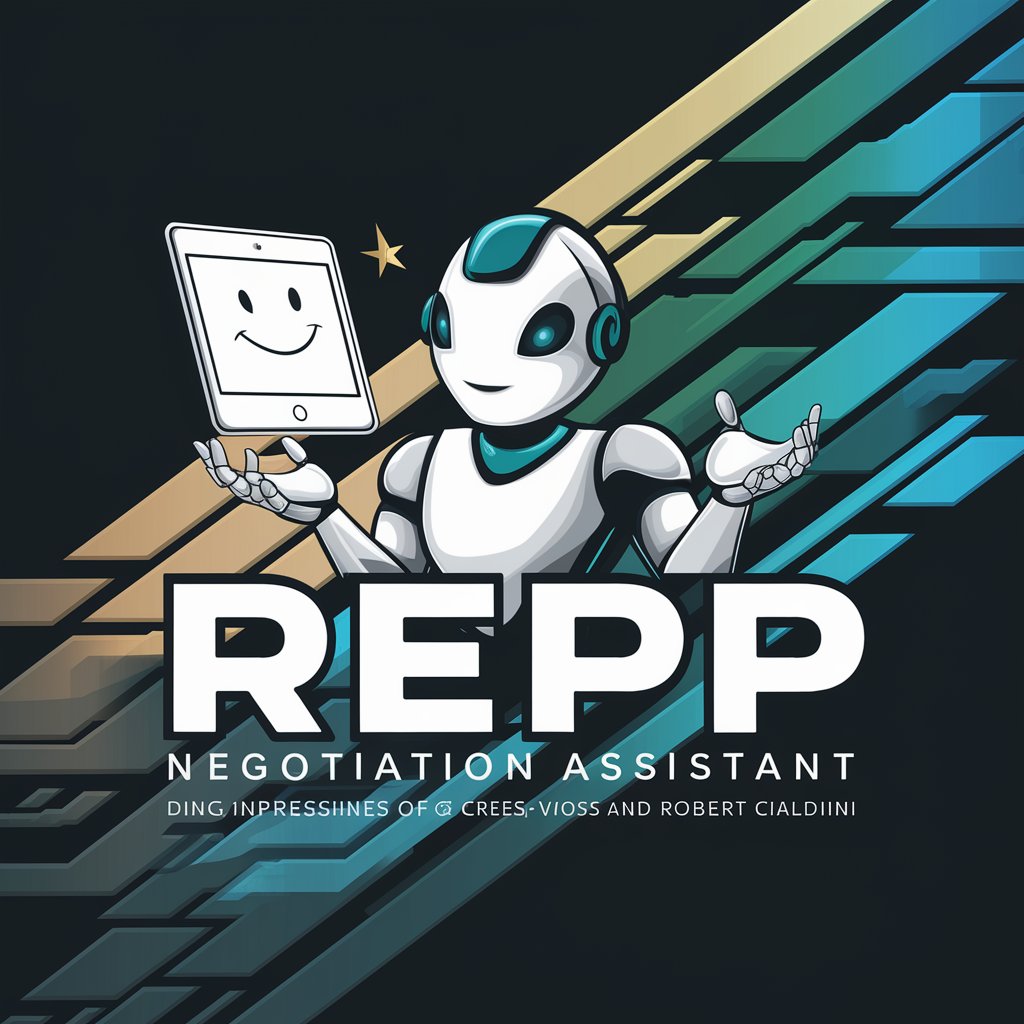Scraper - Efficient Data Scraping

Hello! I'm here to help you with your web scraping project.
Power your projects with AI-driven data scraping.
Write a Python script to scrape product information from an e-commerce site, including the name, price, and...
How can I extract URLs of comparable products from a lesser-known e-commerce website using Python?
What libraries are best for web scraping product details, and how do I implement them?
Guide me through creating a TSV file from scraped e-commerce product data, including name, price, and additional details.
Get Embed Code
Overview of Scraper
Scraper is designed as an advanced tool for efficiently extracting data from various web sources, primarily focusing on e-commerce and informational websites. Its core functionality revolves around navigating web pages, identifying and retrieving specific pieces of data, and organizing this information into structured formats for analysis, reporting, or further processing. A key aspect of Scraper's design is its adaptability to different web structures and its ability to handle a wide range of data extraction tasks without overwhelming target website servers. For example, Scraper can be configured to collect product information from e-commerce sites by identifying product pages, extracting details such as names, prices, and specifications, and saving this data in a user-specified format. This capability is particularly useful for market research, competitive analysis, and price monitoring scenarios. Powered by ChatGPT-4o。

Core Functions of Scraper
Web Page Navigation and Data Identification
Example
Automatically navigating through a list of web pages and identifying relevant data points based on user-defined criteria.
Scenario
Scraping product listings from an online retailer to identify products that meet specific price or feature criteria for market research purposes.
Data Extraction and Structuring
Example
Extracting detailed product information (name, price, specifications) and organizing it into a structured format like TSV for easy analysis.
Scenario
Collecting data on various smartphone models from an e-commerce site to create a comprehensive comparison database for consumer guidance.
Rate Limiting and Server Load Management
Example
Implementing delay mechanisms and request throttling to manage scraping frequency, thereby minimizing the impact on the target website's server.
Scenario
Performing low-impact data collection from a popular travel site's hotel listings over an extended period to gather pricing trends without causing service disruptions.
Target User Groups for Scraper
Market Researchers and Analysts
These users benefit from Scraper by efficiently gathering vast amounts of product and market data, enabling detailed competitive analysis and trend identification without the need for manual data collection.
E-commerce Businesses
Online retailers and vendors can use Scraper to monitor competitor pricing and product offerings, optimize their product listings, and enhance competitive positioning by analyzing the market landscape.
Academic Researchers
Researchers requiring large datasets from public web sources for analysis can leverage Scraper to automate the data collection process, allowing more time for analysis and less for data gathering.

How to Use Scraper
Start your journey
Visit yeschat.ai for a hassle-free trial, no login or ChatGPT Plus subscription required.
Select a use case
Choose your specific scraping project or task from the provided list of common use cases.
Configure settings
Adjust Scraper settings according to the complexity and depth of the data extraction you need.
Execute scraping
Run the scraper with your configured settings to start collecting data from the designated web sources.
Review and export data
Analyze the scraped data within the platform, then export it in the desired format for your project or analysis.
Try other advanced and practical GPTs
Visual Creator
Reviving Ancient Wisdom with AI

퓨처플로우 AI Automation 유튜브 대본 생성기
Elevate Your YouTube Content with AI

Taichi's Personal Dictionary
Empower Your Words with AI

Full Marketing Expert
Elevate Your Marketing with AI

ゼロハピ相談室
Tailoring Your Dream Wedding with AI

TST Social Media Assistant
Empower Your Social Media with AI

Vérificateur d'article
Ensuring Information Reliability with AI

psychologie du dev
Empowering Developmental Psychology Learning with AI

History Outliner
Crafting history with AI precision.

REPP Negotiation Assistant
Empower Your Negotiations with AI

Login page
Secure, AI-enhanced access to your world.

High-Ticket Offer Coach
Craft high-ticket offers with AI

Scraper Q&A
What is Scraper capable of?
Scraper is designed to efficiently extract data from web pages, supporting a wide range of use cases from market research to academic projects, by pulling relevant information like product details, prices, and more.
Can Scraper handle dynamic websites?
Yes, Scraper can handle dynamic websites that rely on JavaScript for content rendering, using advanced techniques to ensure data is accurately collected from these sources.
Is it possible to customize the data Scraper collects?
Absolutely. Users can customize the data fields Scraper collects, allowing for tailored datasets that fit specific project requirements.
How does Scraper deal with anti-scraping measures?
Scraper uses sophisticated methods to navigate and mitigate anti-scraping measures, ensuring reliable data collection while respecting site terms of service.
Can Scraper export data in different formats?
Yes, Scraper supports multiple data export formats, including JSON, CSV, and TSV, facilitating easy integration with various data analysis tools and platforms.
